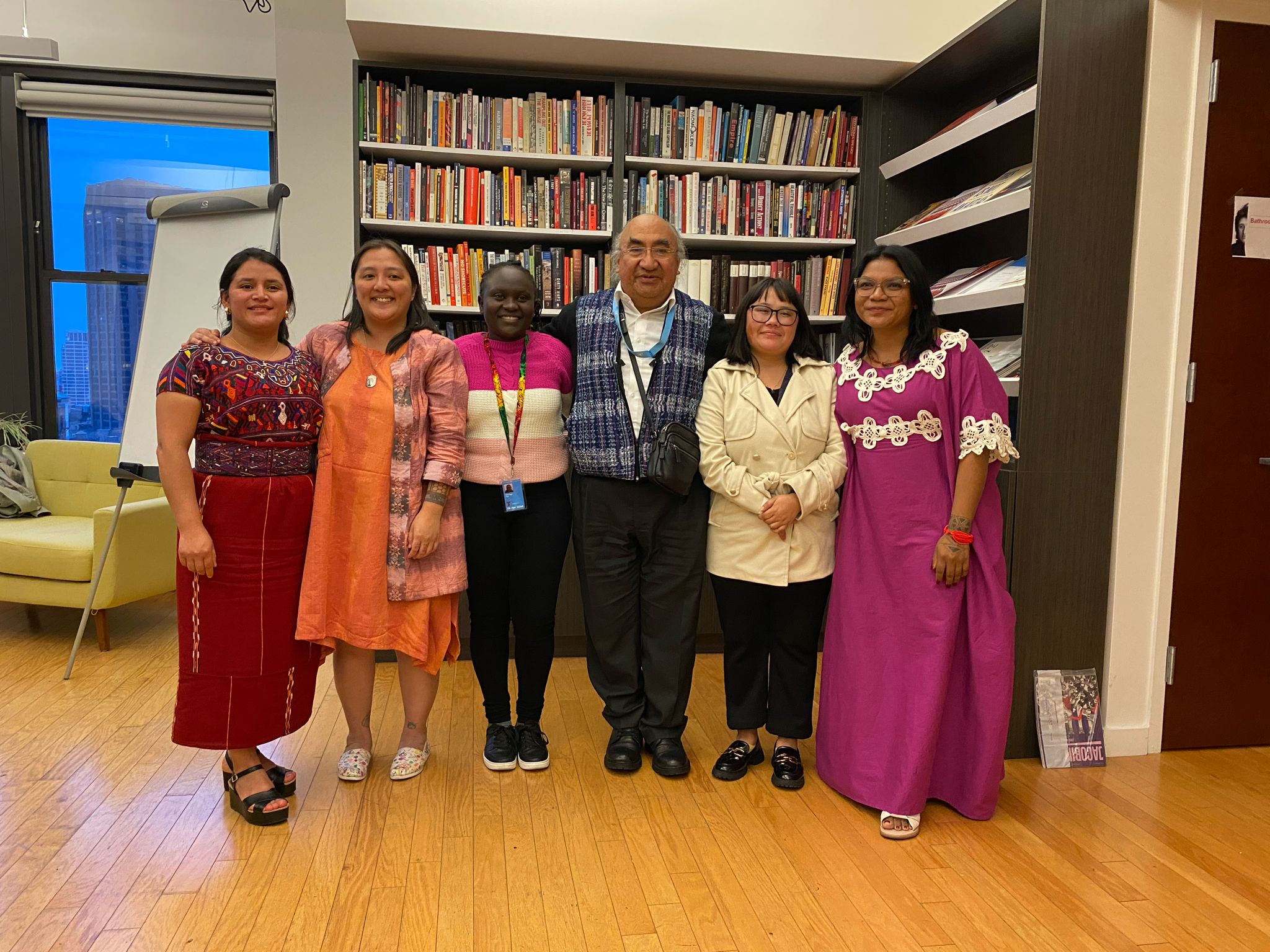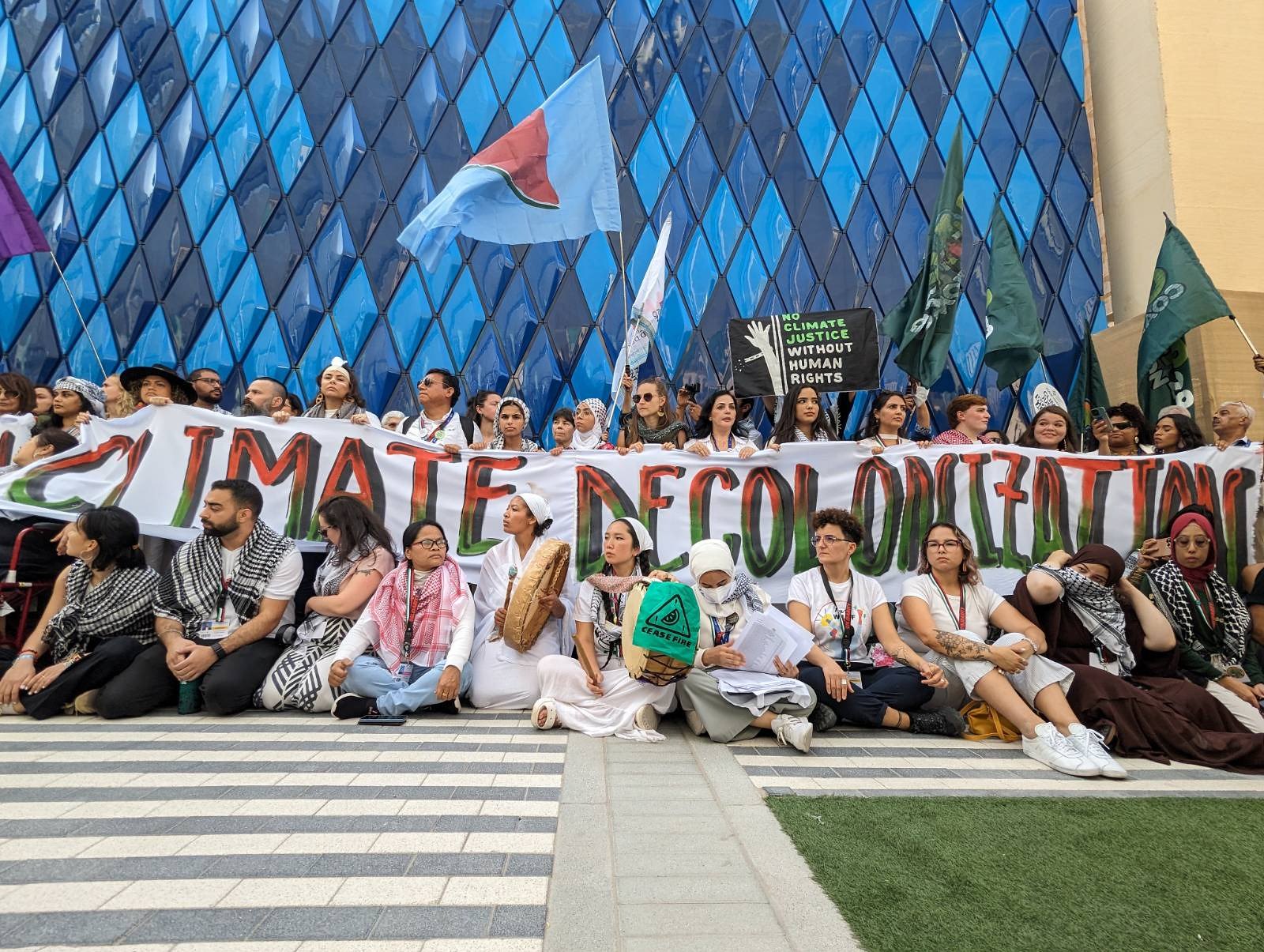Capitalism seems to have an endless capacity for transformation. It has survived economic collapse, world wars, social upheaval, and environmental degradation (so far, anyway). It has thrived in liberal democracies and authoritarian dictatorships. Time and again, critics of capitalism have predicted its imminent demise, and every time they have been wrong. Like a river flowing inexorably downhill, over and around all obstacles it encounters, capitalism keeps finding new ways to reproduce itself.
Despite its resilience, there is nothing inevitable about the continuing domination of capital. Yet capital’s opponents have not always risen to this challenge. In contrast to capitalism’s dynamism and adaptability, its opposition has grown more fragmented and stagnant. While it is true that decades of neoliberal assault are largely to blame for this state of affairs, the Left‘s responses to this offensive have often proven to be underwhelming. Some Leftists yearn for a return to the days when the industrial working class was a world historical actor, but at least in the so-called developed world, this class has shrunk dramatically in the face of deindustrialization and automation. Others have concluded that the concept of an organized labor movement is itself outdated, ignoring the many workplace struggles that still take place. Still others fancy themselves to be a self-styled “vanguard,” pretending to have all the answers to questions they may not even understand. And so the list goes on.
How then can the opponents of a society built on alienation, domination, and exploitation of human and natural resources adapt and effectively act to repair a broken world? We can’t simply respond to new questions with old concepts. If the Left does not want to end up in a museum, we need to constantly challenge our assumptions and continually reorganize ourselves and our organizations.
Each re-organization, however, starts with organization. It is through the patient, attentive work of organizing in our workplaces and communities that we can create organizations and, eventually, a movement capable of building a sustainable society based on solidarity, equality, freedom, and justice. For such organizing to be effective, it cannot simply be based on an apolitical and highly specific analysis of what is possible in the short run. Of course, organizers should always strive to win, but they must also dare to dream of a brighter future. Indeed, it is this vision of a better tomorrow that should structure our organizations, alliances, and campaigns today.
Steve Williams, author of the following study, has worked as an organizer in the Bay Area for the last fifteen years. As executive director of “People Organized to Win Employment Rights,” or POWER, he has participated in a growing movement that subscribes to the model of “transformative organizing.” This study draws on Williams’ experience employing this model, which aims not only to achieve certain demands but also to change society. As Williams points out, this transformation cannot be accomplished by adhering to the same old authoritarian, undemocratic, white male, middle-class dominated politics. Only by organizing ourselves in a progressive way will we be able to truly move forward.



